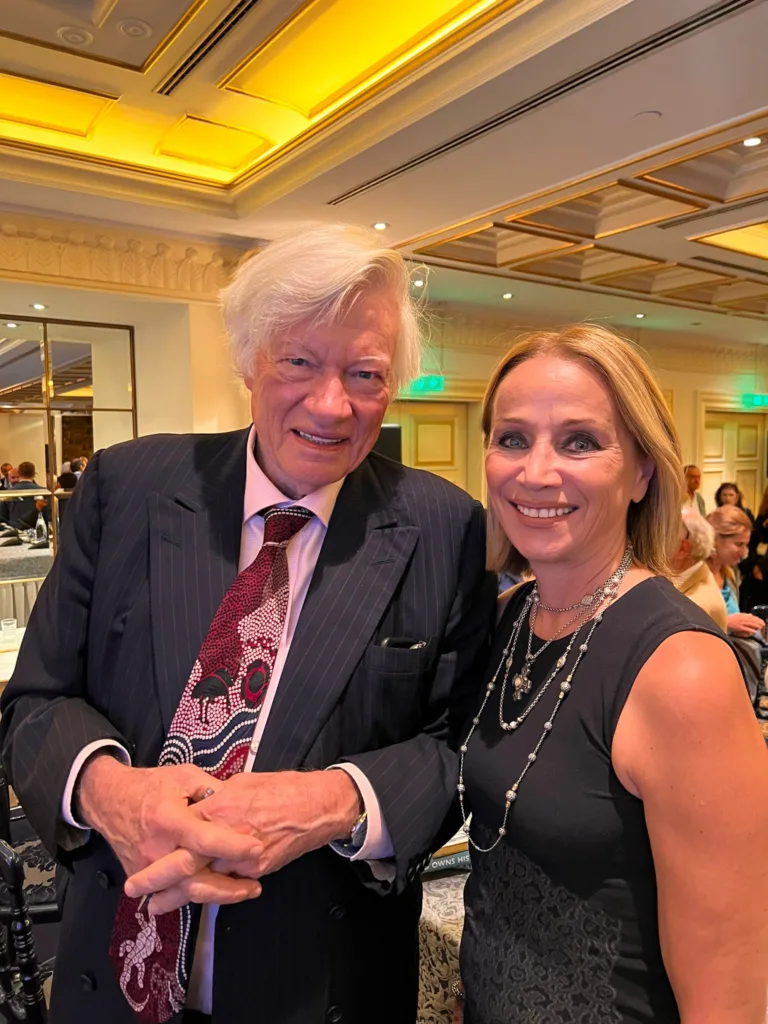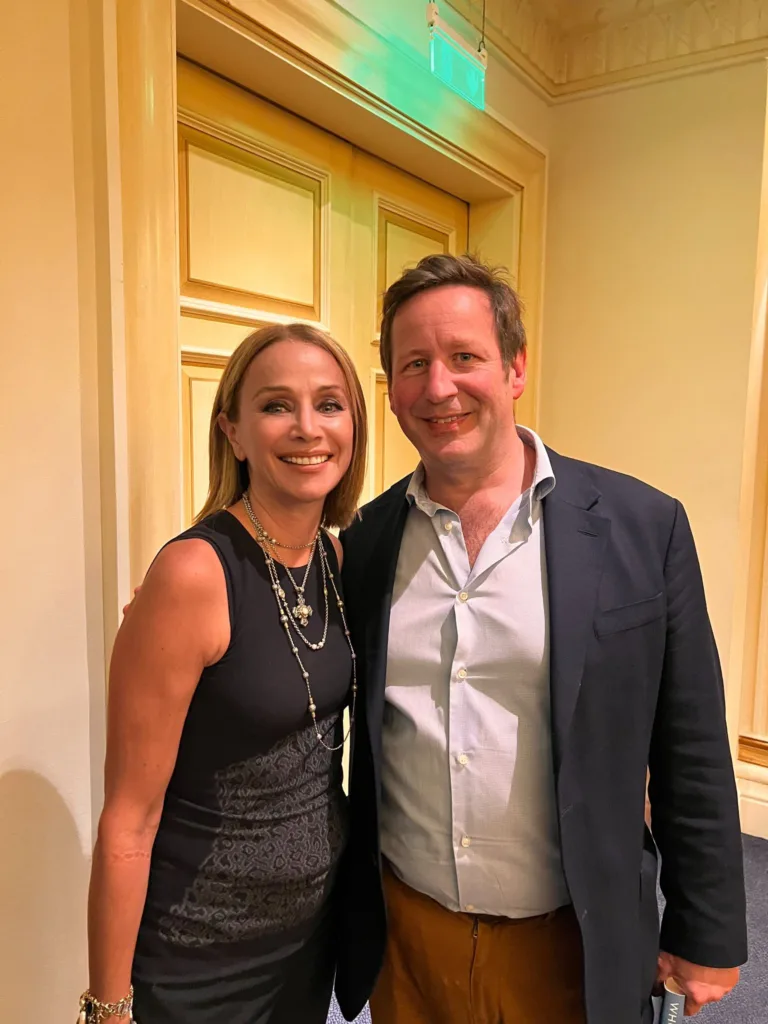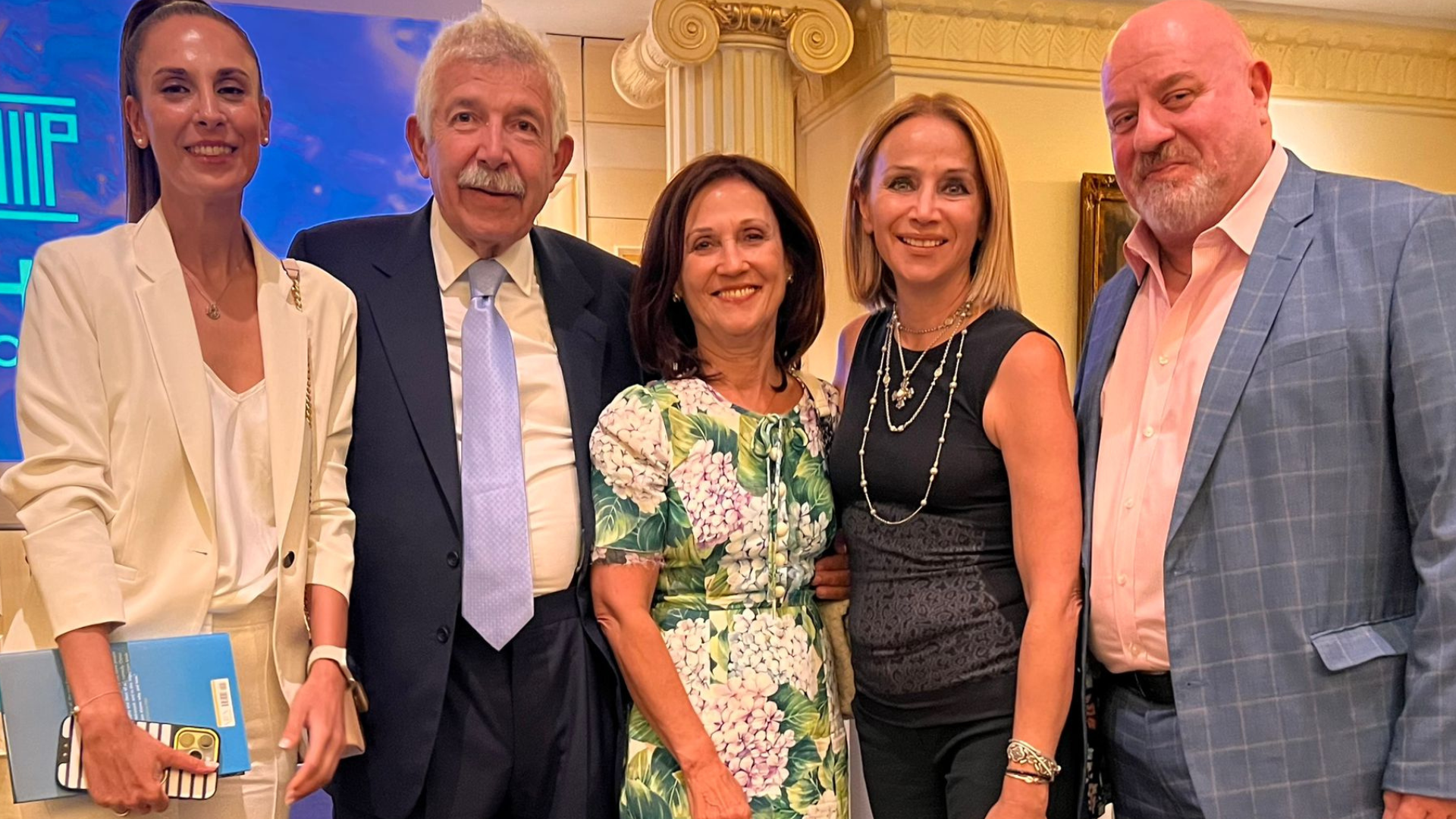In a significant development aimed at advancing the reunification of the Parthenon Marbles, an event was held at the King George Hotel in Athens, Greece, hosted by the Parthenon Project Group.
The event featured high-level discussions between notable figures from Greece, the United Kingdom, and international experts in the fields of culture, law, and diplomacy.
The key focus was the ongoing efforts to negotiate an agreement that would see the Parthenon Marbles returned to Athens from the British Museum.
The forum was attended by prominent Greek officials, including the Greek Minister of Foreign Affairs, Giorgios Gerapetritis, and the Greek Minister of Culture, Lina Mendoni.
The organiser, the Parthenon Project Group, is founded by John Lefas and chaired by Lord Ed Vaizey, with the counsel of renowned human rights barrister Geoffrey Robertson KC.

The panel of speakers included Lord Vaizey, former UK Minister of State for Culture and Chair of the Parthenon Project, alongside Mr Robertson KC, the author of Who Owns History?
Professor Nikos Alivizatos, a constitutional scholar, also lent his expertise, and former UK Shadow Secretary of State for Culture, Media and Sport, Thangham Debbonaire, joined the discussion.
Together, they presented the work of the Parthenon Project and outlined the pathways being explored to find common ground between the UK and Greece on the matter.

A unique case of reunification
Foreign Minister Gerapetritis, speaking at the event, emphasised the multifaceted nature of the issue.
“The Parthenon Sculptures issue has two dimensions, legal and political – we focus on political,” he said.
The Minister went on to highlight the broader significance of cultural artefacts being returned to their places of origin.
“Reunification is a unique case, ecumenical in nature and focusing on reuniting an artistic whole. A series of returns from other museums reflects a broader issue of cultural heritage belonging in its birthplace,” he said.
Minister Gerapetritis also acknowledged the constructive dialogue between the British Museum and Greece.
“We have been in sincere and constructive talks with the British Museum, recognising each other’s red lines and examining partnerships,” he said.
A historic opportunity for agreement
Elly Symons, Vice-President of the Australian Parthenon Committee and Co-Founder of the Acropolis Research Group, also spoke at the event, underscoring the significance of this moment in history.
“The Australian Parthenon Committee has collaborated closely with the Parthenon Project to pave the road which brings both parties to the negotiating table positively disposed and ready to create a win-win partnership that will see the Parthenon Sculptures reunified in Athens,” Ms Symons said.
She further elaborated on the key factors that have brought both nations to this critical juncture.

“There are several strands to the agreement which will involve ongoing and creative partnerships between the Museums,” she said.
“There has never been a more auspicious time for agreement between the two countries, which currently sees an alignment of leadership, a favourable political zeitgeist, and a world which is desperately in need of a positive story of restoration of a historical wrong and collaborative partnerships reflecting goodwill and shared benefits.”
Ms Symons also highlighted the deep ties between the UK and Greece, noting that, “The United Kingdom and the Hellenic Republic have had a long history of friendship, alliance and mutual respect, and this vexed issue has been a sorry point of contention, which will now become a vision of cooperation and a global symbol of respect for cultural heritage.”
A symbol of cultural collaboration
The event marked an important milestone in the ongoing efforts to reach a resolution on the Parthenon Marbles, bringing hope that this historical and cultural dispute could soon be resolved.
As dialogue between the British Museum and Greece continues, the collaborative partnerships forming between the two countries and their cultural institutions may soon result in the long-awaited return of the Parthenon Marbles to Athens, a development that would signal a powerful message of restoration, cooperation, and shared cultural heritage.
